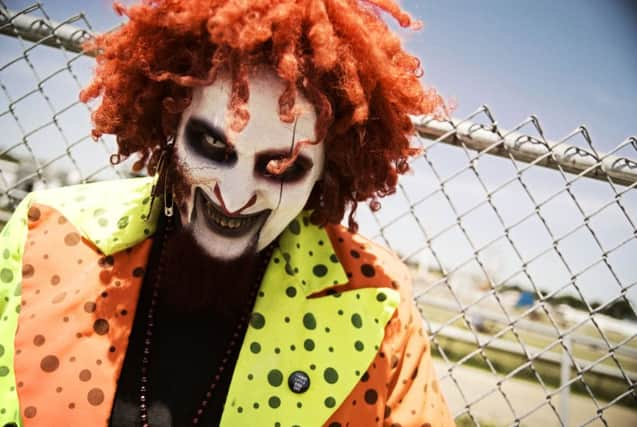What is '˜killer clown' craze and should Scots be worried?
This article contains affiliate links. We may earn a small commission on items purchased through this article, but that does not affect our editorial judgement.


Pranksters dress up in terrifying clown costumes and jump out at unsuspecting passers-by, in a craze that started in America’s colleges.
But police are now warning pranksters who jump out of buses and chase pedestrians that they could face arrest.
Advertisement
Hide AdAdvertisement
Hide AdReports of people dressed in clown costumes and chasing people have been received by police forces across the UK, including one force which saw six complaints in just five days.
One teenager in Newcastle was reportedly arrested for possessing a knife and officers are stressing that those who ‘actively seek to cause distress and potentially harm others’ face being detained.
Sightings have been reported in parts of Ayrshire, while some people claim to have seen clowns in Edinburgh.
DOWNLOAD THE SCOTSMAN APP ON ITUNES OR GOOGLE PLAY
On Twitter, residents in the capital have been reacting to reported sightings, including Eryn Ross who wrote: “See oif there’s clown sightings in Edinburgh I will actually never go out again.”
Rebecca Morley added: “Ermmm why has there been clown sightings in Edinburgh!? This is not ok send help” while Ross Robertson declared: “If a start seeing clowns in Edinburgh simple as they’re getting smashed.”
The fear of clowns is known as coulrophobia, with sinister fictional clowns such as Pennywise - from Stephen King’s IT - and American serial killer John Wayne Gacy, who was dubbed the ‘Killer Clown’ thought to be behind some people’s dislike.